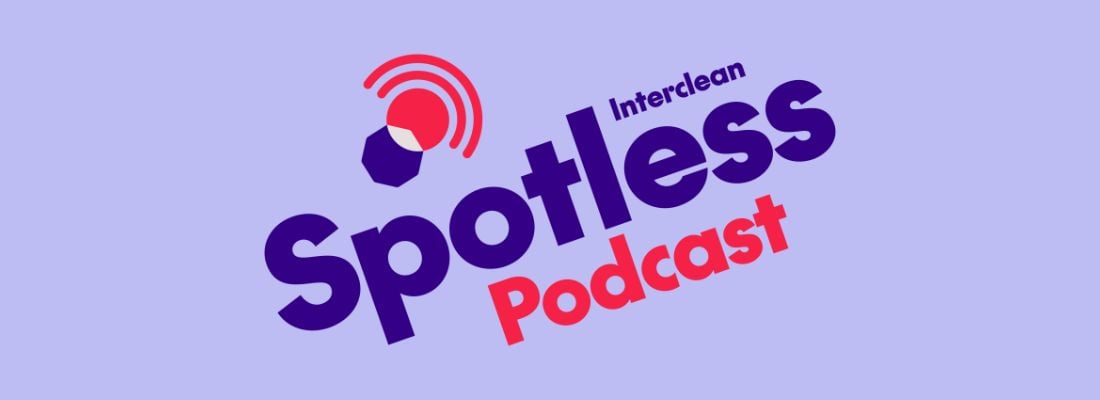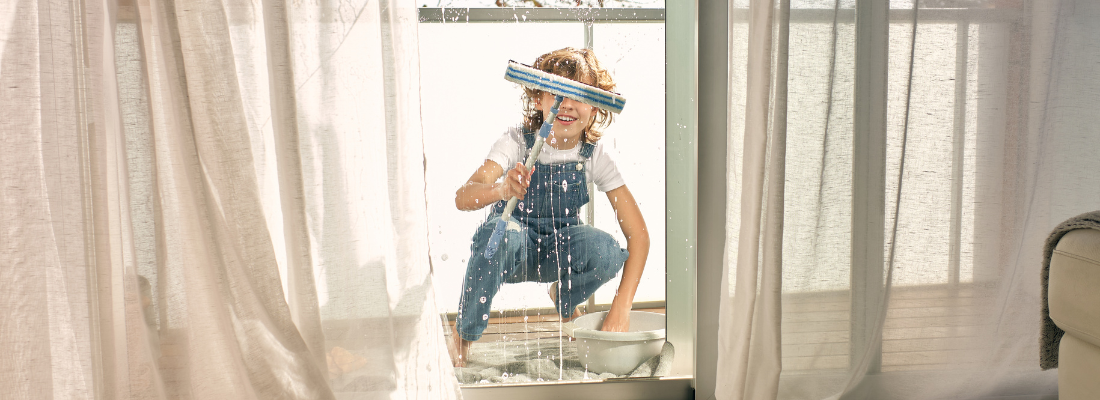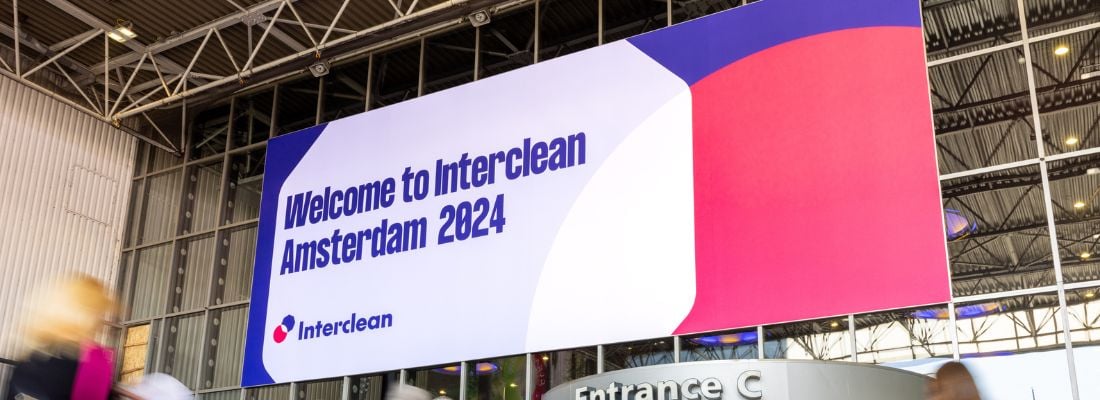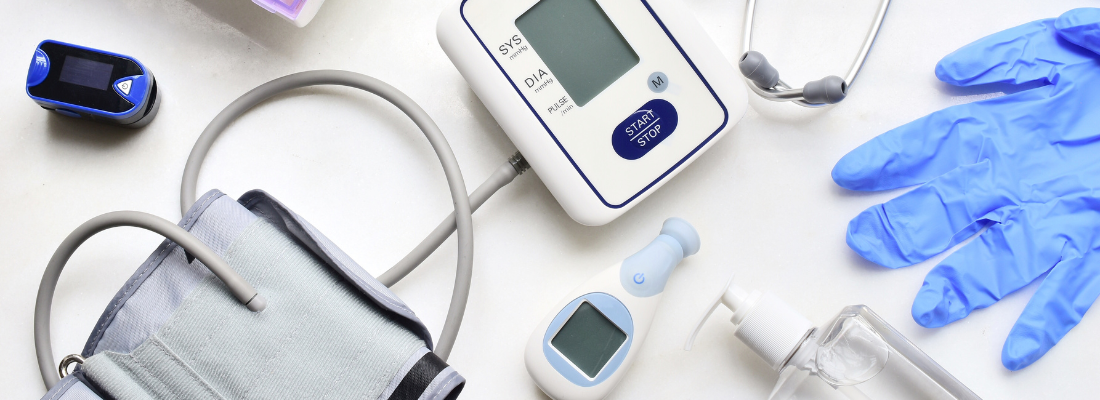Regional Spotlight: UK's cleaning and hygiene market developments
In this edition of our Regional Spotlight series, we turn to the United Kingdom to explore the current state of the cleaning and hygiene industry. We spoke with Chris James, Ex CEO of WAMITAB (Waste Management Industry Training and Advisory Board) and Director at Chris James Associates, and Delia Cannings, Chair of the British Cleaning Council and Director of Environmental Excellence Training & Development Ltd. Together, they shared a detailed overview of key developments, market trends, and challenges in the UK cleaning sector.
How would you describe the current state of the cleaning and hygiene industry in your country?
The demand for cleaning services is at an all-time high, with 17% of private households now employing a cleaner. Specialised commercial cleaning services are also expanding.
According to the BCC (2025), the UK cleaning industry contributed £66.9 billion to the economy in 2022. It has grown consistently year-on-year since 2010. In 2023, there were 75,565 cleaning businesses, up from under 46,000 in 2010. The industry turnover has risen by 23% since 2015, reflecting broad economic growth.
What are the top 2–3 trends shaping your market right now?
There are three major trends for 2025: technology, sustainability, and green cleaning. Robotic cleaners capable of simple tasks like suction cleaning and floor scrubbing are increasingly common. IoT and smart tech use is rising, allowing real-time monitoring of cleanliness levels and maintenance needs.
Green cleaning is now seen as essential, not a luxury. Companies are embracing eco-friendly methods by using safer chemicals and reducing waste, energy use, and overall environmental impact. “Being eco-friendly is no longer seen as a luxury, it’s now essential.”
DEFRA (Department for Environment, Food & Rural Affairs) outlines three steps to optimise sustainability:
- Choose sustainable and safe products
- Work with responsible suppliers
- Reduce environmental impacts during operations
Post-COVID, the importance of cleaning in public health is recognised. The BCC continues to lobby for cleaning and hygiene to be treated as a national priority.
Are there any standout innovations or technologies being adopted in your country?
In the UK, Smart Dispensers have been deployed in washrooms, kitchens, hospitals and hotels. For example, soap dispensers in washrooms, chemical dispensers in kitchens, and hygiene monitoring tools in hospitals. These systems help optimise cleaning, improve hygiene, reduce waste, and cut costs.
Robots are increasingly used in hospitals and commercial spaces for floor cleaning and disinfection. In hospitals, autonomous disinfection robots save time and resources. The University of Plymouth is researching these robots in NHS trials.
In places like airports and shopping centres, robots help manage large floor areas. However, cost, maintenance, and potential job displacement are important considerations.
Which sectors are driving demand for new solutions?
The commercial cleaning market holds the largest share, driven by growth in UK manufacturing and rising demand for specialist services. The NHS outsources over 30% of its cleaning services to commercial providers for cost-effectiveness and efficiency, though most hospitals still rely on in-house teams.
Niche services like carpet and upholstery cleaning are also growing. Residential cleaning demand is rising too, fuelled by an ageing population and a younger generation increasingly hiring cleaners: “40% of people under 35 now employ a cleaner.”
What are the biggest challenges for cleaning professionals or companies in your country today?
Recruitment remains a key challenge, worsened by the UK’s exit from the European Union. The BCC predicted 93,000 new jobs would be created by 2024, but 29% would be hard to fill. Currently, around 30% of cleaning operative roles remain vacant.
Additionally, the national minimum wage and employer national insurance contributions have increased under the new Labour government, adding pressure to employers.
How has the role of data or digital tools changed how cleaning is managed?
Most cleaning operations use digital tools, but large companies lead adoption. “Companies who use it will gain a competitive advantage over those who don’t.”
Apps for quality control, such as ProCleaner UK, CleanManager, and Orange QC, are widely used. These platforms enable real-time data collection, digitised checklists, task tracking, and performance monitoring, which improve cleaning standards. However, their introduction often requires training, ongoing fees, and system updates.
Are there any recent local policies, certifications, or regulations impacting the industry?
The BCC has launched the UK Cleaning Career Development Zone, which offers a comprehensive guide to training and career progression.
A new cleaning hygiene operative apprenticeship scheme launched in England in January 2024 is currently the only programme eligible for levy funding. However, the Labour government has proposed wider use of levy funds through its new Skills England initiative.
Recycling regulations for commercial premises came into effect on 31 March 2025. Under The Environment Act 2021 and related regulations, all businesses with more than 10 employees must separately collect paper, cardboard, plastic, metal, food, and glass. These changes aim to simplify recycling across England, improve rates, and reduce confusion.
Can you share 1-2 figures or market data about the industry in your country?
The UK cleaning and support services industry employs around 1.47 million people. In 2023, there were 75,565 cleaning businesses, up from 73,655 in 2022. Most are small, 90% employ fewer than 10 people, and 99% are independently owned.
The sector employs more women than men, with a 56/44% gender split, though some areas like waste and landscaping remain male-dominated. Around 57% of workers are part-time, and 21% of the workforce were not born in the UK, with up to 60% in London.
Cleaning industry growth varies across regions. Between 2020 and 2021, England and Northern Ireland saw 4% growth in the number of businesses, followed by 3% in Scotland and 1% in Wales. The northeast of England saw the highest increase at 5%.
Cleaners in the UK earn between £17,000 and £24,000 on average, depending on experience. Apprenticeships exist across the UK under different schemes, Modern Apprenticeships in Scotland, national frameworks in Wales and Northern Ireland, and the new Cleaning Hygiene Operative scheme in England.
Share your stories with us!
Do you have an innovation or interesting news you would like to share with the professional cleaning and hygiene industry? The Interclean website and social media channels are a great platform to showcase your stories!
Please contact our press department interclean@rai.nl.
Are you an Interclean exhibitor?
Make sure you add your latest press releases to your Company Profile in the Exhibitor Portal for free exposure.






